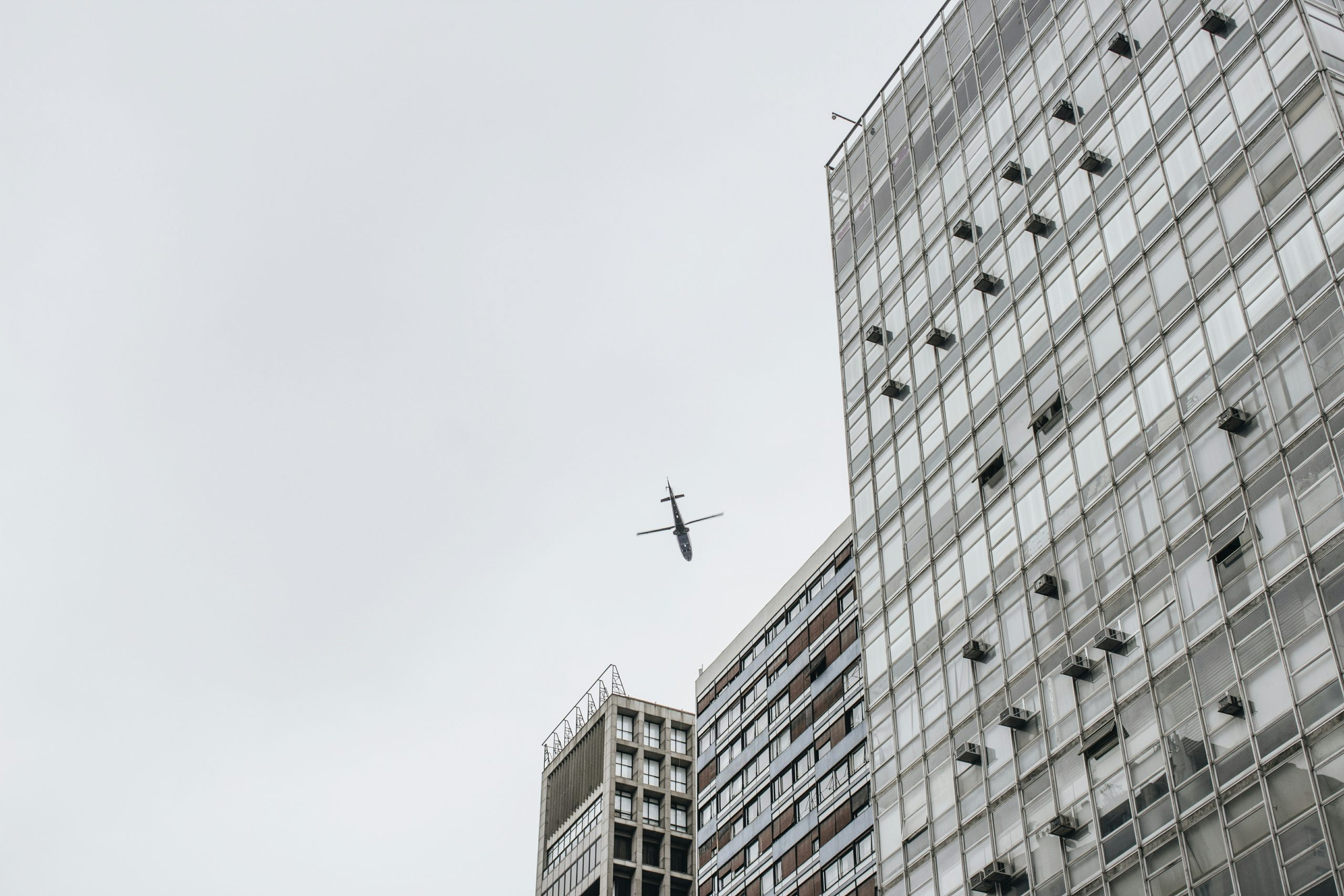Drone Surveillance and Search Warrant Requirements
Drones have become increasingly popular in recent years, with their use spanning across various industries such as construction, agriculture, and even delivery services. One of the fields that have significantly benefited from the advancement of drone technology is surveillance. With drones equipped with high-definition cameras and advanced sensors, law enforcement agencies have found them to be a valuable tool in monitoring and collecting evidence for criminal investigations. However, the use of drones for surveillance raises questions about privacy and the legalities surrounding search warrants. In this article, we will delve into the requirements for obtaining a search warrant for drone surveillance and the implications for the fourth amendment rights of citizens.
The Use of Drones in Surveillance
Drones, also known as unmanned aerial vehicles (UAVs), are small aircraft that can be controlled remotely, without an onboard human pilot. They are equipped with cameras, sensors, and other advanced technology that allows them to capture images and data from high altitudes. The use of drones for surveillance has become increasingly prevalent, especially in law enforcement and national security agencies.
In the past, aerial surveillance was limited to manned aircraft, which were expensive and had limited capabilities. Drones, on the other hand, are more cost-effective, can cover larger areas, and can fly at much lower altitudes, making them ideal for surveillance purposes. Furthermore, they can be equipped with thermal cameras and other advanced sensors, making them useful in gathering intelligence and evidence in criminal investigations.
The Fourth Amendment and Search Warrants
The Fourth Amendment of the United States Constitution protects its citizens from unreasonable searches and seizures. It states that “the right of the people to be secure in their persons, houses, papers, and effects, against unreasonable searches and seizures, shall not be violated, and no Warrants shall issue, but upon probable cause, supported by Oath or affirmation, and particularly describing the place to be searched, and the persons or things to seized.”
This amendment requires law enforcement officials to have a search warrant before conducting a search on a person, their property, or their possessions. A search warrant is a legal document that allows law enforcement to conduct a search and seize evidence that they believe is connected to a crime. The fourth amendment also requires the search warrant to specify the place to be searched and the items to be seized.
Search Warrant Requirements for Drone Surveillance
As drones are relatively new technology, there is no specific legislation for their use in surveillance. However, the same rules and requirements that apply to traditional aerial surveillance also apply to drones. This means that law enforcement officers must obtain a search warrant to use drones for surveillance purposes.
Furthermore, the search warrant must meet the same standards as those for traditional surveillance methods. This includes having probable cause that a crime has been or is being committed and specifying the place to be searched and the items to be seized. The use of drones allows for a wider scope of surveillance, as they can fly at much lower altitudes and can cover larger areas. However, this also means that the search warrant must be specific and not allow for a general search, as this would violate citizens’ rights under the fourth amendment.
Implications for Fourth Amendment Rights
The use of drones for surveillance has raised concerns about the violation of citizens’ fourth amendment rights. As these devices can fly at lower altitudes, they have the potential to capture images of individuals in their private spaces, such as their homes and backyards. This has led to debates about the extent to which such surveillance violates individuals’ reasonable expectation of privacy.
Furthermore, the use of drones allows for a more extensive collection of data, which can be stored and analyzed for an extended period. This means that the gathered information can potentially be used for purposes other than the initial investigation, which raises questions about the violation of privacy rights.
Conclusion
Drones have become a valuable tool in surveillance, providing law enforcement with a cost-effective and efficient method of monitoring and gathering evidence. However, their use raises questions about privacy rights and the legalities surrounding search warrants. The fourth amendment protects citizens’ rights from unreasonable searches and seizures, and law enforcement officers must comply with the requirements for obtaining a search warrant before using drones for surveillance purposes. As technology continues to advance, it is essential to strike a balance between the use of drones in law enforcement and protecting the rights of citizens.










